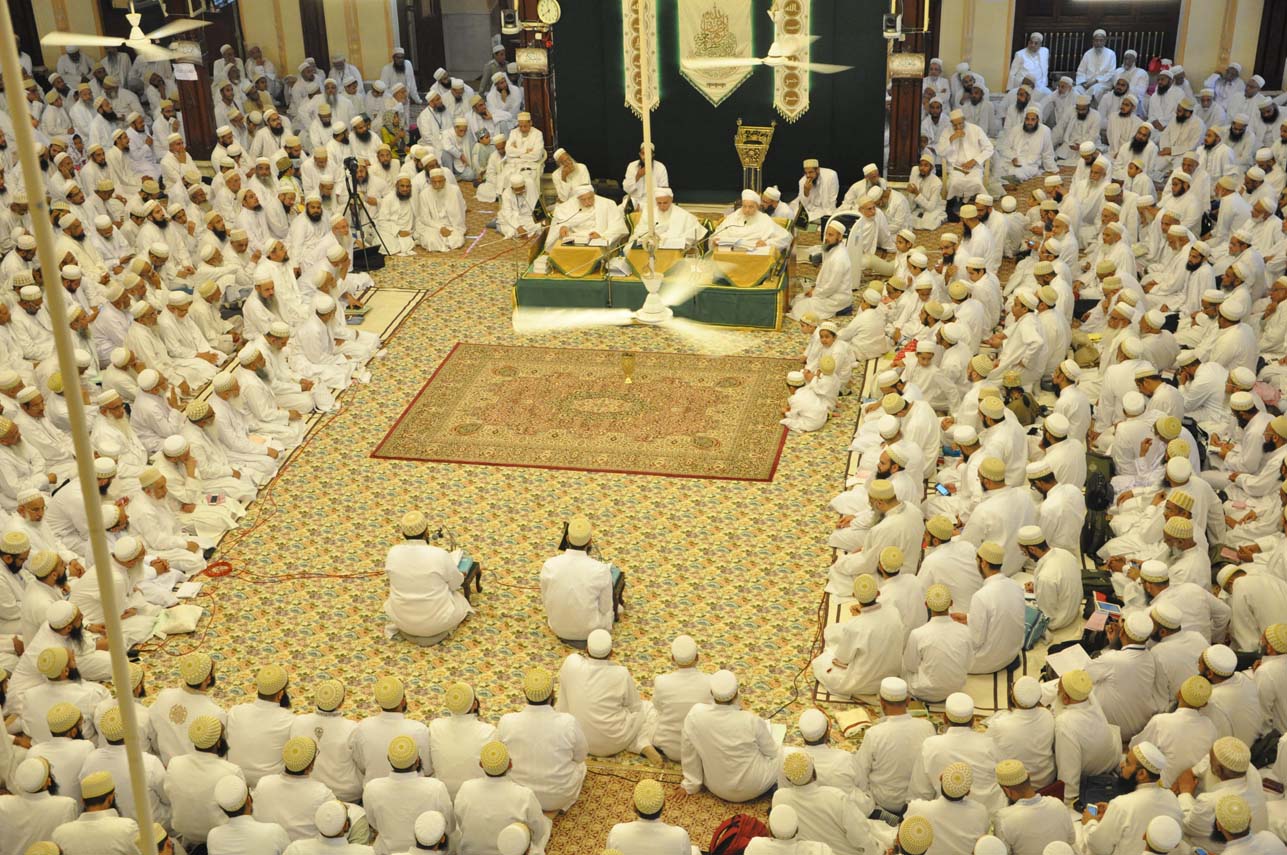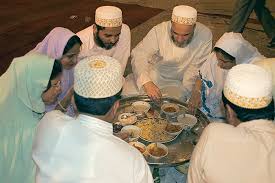Who are Dawodi Bohras?

The Bohri community, often referred to as the “Dawoodi Bohra” sect. It is a sub-sect within Shia Islam. It has a unique blend of religious practices and social norms. It originating primarily in Gujarat, India, and Yemen. The Bohra community belongs to the Musta’li Ismaili branch of Shia Islam. The term “Bohra” or “Bohri” is derived from the Gujrati word “Vohra,” which means “trader,”. It reflects the community’s traditional involvement in trade and commerce.
The Bohras are known for their distinctive spiritual leadership which is famous as the Daial-Mutlaq. It is a position hold by a spiritual leader who is believed to have been appointed through divine succession. The Daial is seen as a direct representative of the Fatimid Imams, descending from the Ismaili Shi’a ancestry. The Daial provides spiritual guidance and superintends the community’s affairs. The current leader, Syedna Mufaddal Saifuddin, has a prominent influence on both religious practices and community organization.

The Dawoodi Bohras practice Shia Islam with particular rituals, religious events, and spiritual hierarchy, it makes their sect unique. The Dawoodi Bohra community follows to a unique blend of Islamic practices rooted in Musta’li interpretations of Shia Islam. In Bohra community, observing rituals are highly valued. It include specific acts of worship, such as prayers and fasting, that are strictly followed to continue spiritual discipline.
Education holds a central place within the community, both religious and secular learning. Dawoodi Bohras has great importance on building institutions that provide complete education, with schools and religious centres that established worldwide.
Community welfare is another key focus of Bohras, encouraged and often led by Bohra leaders who promote charity, social support, and community unity. This commitment establishes a wide social welfare initiative, from food distribution to healthcare services, ensuring members’ well-being and support for those who are in need.
The Bohras also have a distinctive cultural dress code that supports their sense of identity. Their Men often wear simple white clothes paired with a gold-embroidered cap, while women wear vibrant ridas, a traditional dress that combines modesty with elegance. It covers the body while celebrating colour and style. This unique dress code is easily recognizable and serves as a symbol of pride and unity.

Dawoodi Bohras are known for their strong work ethic and business judgement, with many Bohras excelling in fields such as business, engineering, and academia. Their emphasis on cleanliness, environmental responsibility, and social harmony has earned them a positive reputation in various countries. The Bohra community engages in activities for environmental sustainability, with efforts such as tree planting and waste management programs flattering dominant to their community activities.
Bohras are a closely-knit community, balancing a rich cultural heritage with a focus on innovation, education, and moral conduct. Their close association with trade and their emphasis on self-discipline and philanthropy make them a respected and distinctive group.

